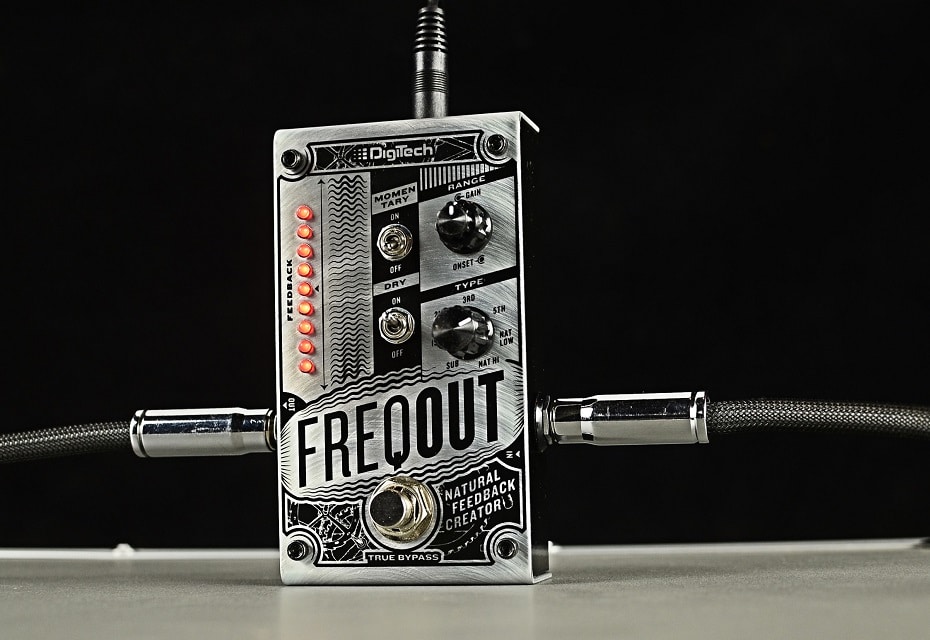Choosing the best octaver pedal
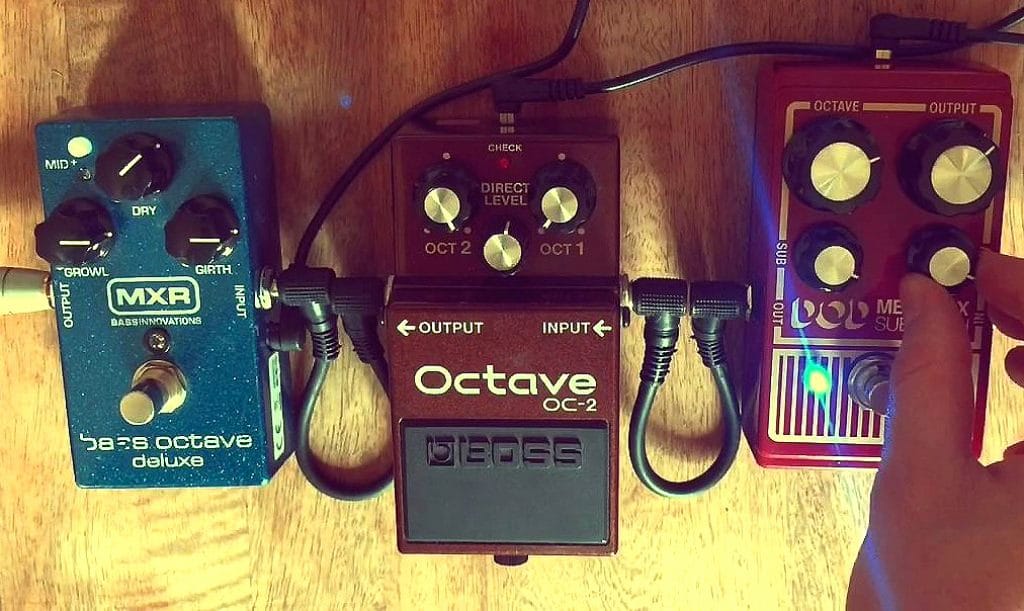 With so many options on the market, finding the octaver pedal that will give you the sound effects and controls you want can be difficult. Here, we’ll walk you through some of the most important things you need to consider in order to ensure you’re getting the best pedal for your needs.
With so many options on the market, finding the octaver pedal that will give you the sound effects and controls you want can be difficult. Here, we’ll walk you through some of the most important things you need to consider in order to ensure you’re getting the best pedal for your needs.
Instrument compatibility
Octaver pedals can be used for guitar, bass, or keyboard. But, not every pedal is made to work with all three of these instruments. If you play the guitar, you’ll have your a pretty wide variety of octave pedals to pick, since guitarists tend to use these pedals more frequently. If you play the bass or keyboard, your options will be a lot more limited. Still, there are good options for you – like the MXR and BOSS OC-3 pedals for bass or the TC Electronics pedal for all those three instruments, including the keyboard.
Analog vs. digital pedals
Recently, all octaver pedals were analog. But advances in digital sound technology means that digital pedals have become more popular in our days. So which is right for you?
Digital pedals offer the possibility to track multiple frequencies, which allows them to be much more faithful in reproducing your underlying sound along with the effect. Analog pedals, on the other hand, operate in just a single frequency.
In many cases, the tracking on digital pedals is often much faster and more reliable than on analog pedals. But, not every digital pedal can emulate the warm effect sound of a true analog pedal.
If you do opt for a digital octaver pedal, you can look for one that is programmable with custom settings – like the USB-connectable TC Electronic Sub ‘N’ Up pedal.
Mono vs. polyphonic pedals
One of the most important differences among octaver pedals is if they are monophonic or polyphonic. This difference boils down to whether your pedal can create octave effects for chords, or whether it can only create an effect for a single note at a time.
Monophonic pedals can be a great choice for bass guitars, which focus more on single notes than on chords. But, if you’re looking for a pedal for a guitar or keyboard, you’ll probably want the ability to add octave effects on top of a multi-note chord.
Octave effects
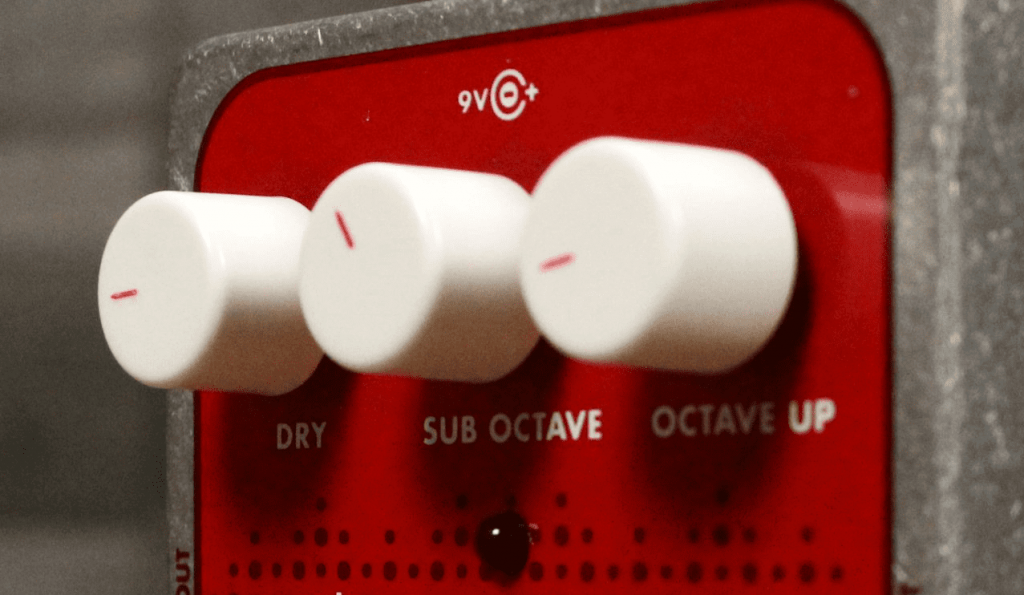 Octave pedals can have one or multiple different effects. Some pedals, like the MXR M288 Bass Octave Deluxe, are designed only to bring your sound down by an octave or more. Others, like the Joyo JF-12 pedal, only bring your sound up by an octave. Most of the pedals we reviewed, though, are capable of going either up or down an octave depending on your needs.
Octave pedals can have one or multiple different effects. Some pedals, like the MXR M288 Bass Octave Deluxe, are designed only to bring your sound down by an octave or more. Others, like the Joyo JF-12 pedal, only bring your sound up by an octave. Most of the pedals we reviewed, though, are capable of going either up or down an octave depending on your needs.
You may also want to generate multiple octave sounds at the same time. For that, you’ll need a pedal that can go up or down multiple octaves, like the DigiTech Whammy DT and Electro-Harmonix Micro POG Polyphonic Octave Generator. These octaver pedals are capable of going up or down two or even three octaves rather than just one.
Other effects and controls
There is a lot more to octaver pedals than just how many octaves they can go up or down.
Ideally, your octaver pedal will have a volume knob for each sound that it layers on top of the input signal, allowing to control the mix of your effects precisely.
Being able to switch between dry, unprocessed sound, and wet, effect-mixed sound, is also important. With a wet knob, you can precisely control how much of the octave effect comes through in the output sound, regardless of volume.
Many of the octaver pedals we reviewed include a true bypass so that you won’t experience any interference when the octave effect is switched off.
On top of that, look for features like the ability to switch between monophonic and polyphonic effects. This can be helpful if you only want to create an octave effect for a single note even when playing chords. Finally, many octaver pedals include additional switches and controls, such as for distortion and growl – these can be a big help if you want to layer additional sound effects onto your octave effect.
Fast tracking
One of the most important things to look for in any octaver effects pedal is fast tracking. Tracking refers to how fast the pedal can process the sound signal coming from your guitar, bass, or keyboard. In an ideal world, there wouldn’t be any latency between the input signal and the octave effect – but in reality, every octave pedal has a small amount of latency. It drastically influences what styles and songs you can play.
The best way to identify if an octave pedal has minimal signal latency is to check reviews from experienced musicians.
Power supply
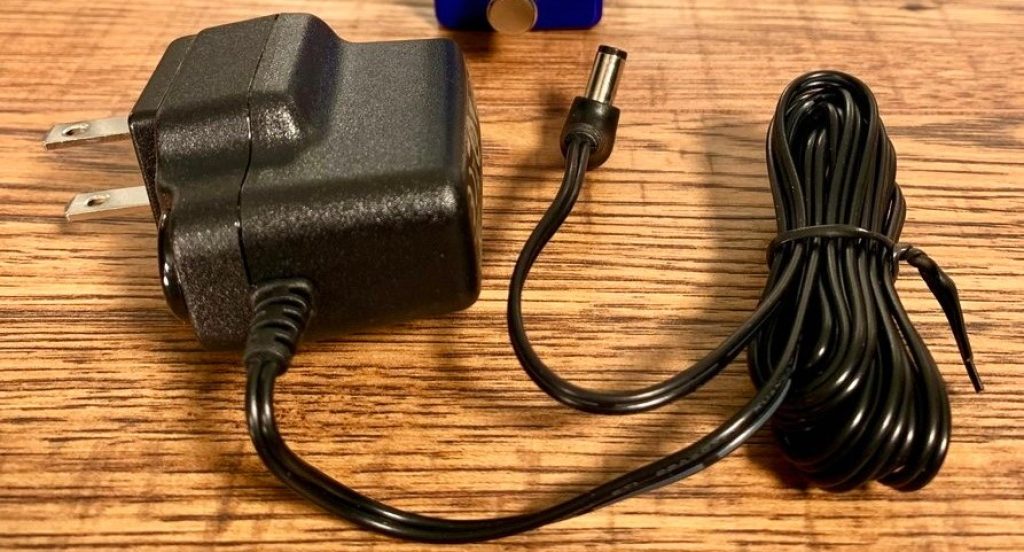 Many of the pedals, like Electro-Harmonix Pitch Fork, can be run on either 9-volt batteries or with a 9-volt adapter for a 120-volt outlet. However, some pedals, like the EarthQuaker Devices Tentacle Analog Octave Up or Donner Digital Octave Guitar Effect Pedal Harmonic Square, can only run on an adapter.
Many of the pedals, like Electro-Harmonix Pitch Fork, can be run on either 9-volt batteries or with a 9-volt adapter for a 120-volt outlet. However, some pedals, like the EarthQuaker Devices Tentacle Analog Octave Up or Donner Digital Octave Guitar Effect Pedal Harmonic Square, can only run on an adapter.
This isn’t a huge deal, but the power supply does matter. Batteries are portable and convenient, but they also don’t last very long when using your octaver pedal heavily. Adapters ensure that you have steady power, but they also mean that you’ll need to deal with wires and potentially extension cords at gigs.
If you opt for a pedal that can take either batteries or a corded adapter, check to see whether the adapter comes included with the price of your pedal.
Durability
Most likely, your pedal will sit on your effects panel. But that doesn’t mean that it can’t be easy to break. Octaver pedals should feature aluminum or steel casing to protect the interior wiring, especially if you’ll be transporting your pedal to and from gigs with any frequency. It’s also important to make sure that the knobs are durable since loose knobs can ruin your gigs and any other performances.
Unfortunately, many octaver pedals don’t come with warranties to protect your device. But a few models, like the pedals from Mooer MOC1 and BOSS OC-3, give you a year or more of protection against damage and defects.
Prices
Octaver pedals vary quite a bit in price depending on the quality of the device and what you need. On the high end, you’ll find options like our editor’s choice pedal, the Electro-Harmonix Micro POG Polyphonic Octave Generator, that cost just over $200. Medium-tier pedals, like the BOSS OC-3 and TC Electronic Sub ‘N’ Up, are significantly cheaper but still pricey – these units price tags are between $100 and $125. If you’re on a tight budget, there are several decent octaver pedal options that cost less than $50. For example, check out the Donner pedal that costs $45 or the Joyo JF-12 octaver, which is sold for $40.







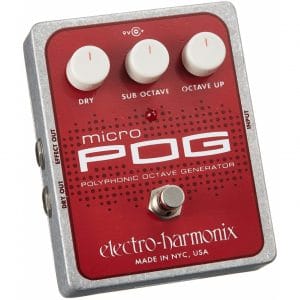
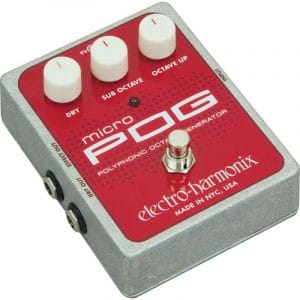
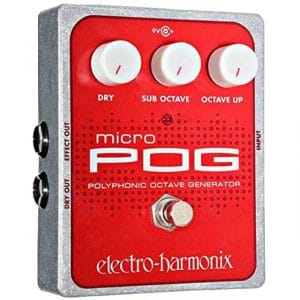
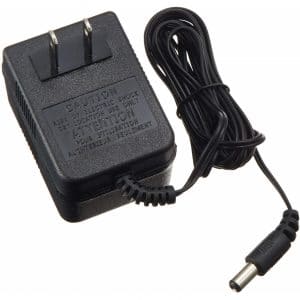
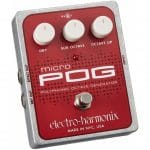
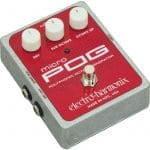
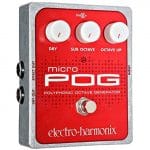
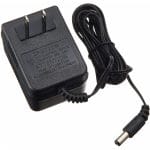
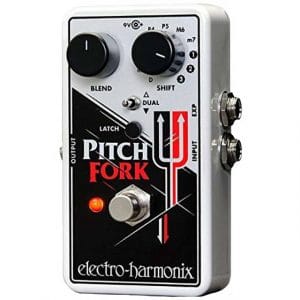
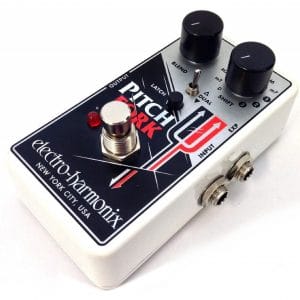
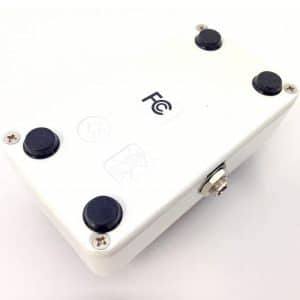
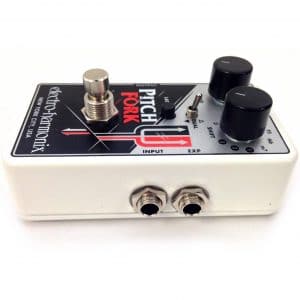
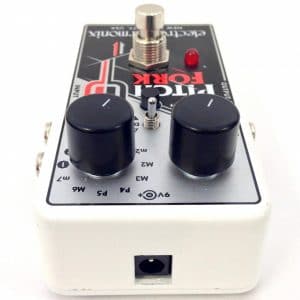
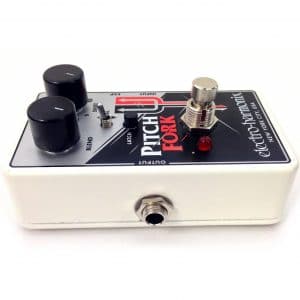
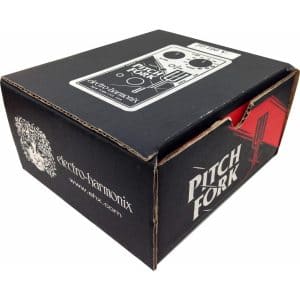
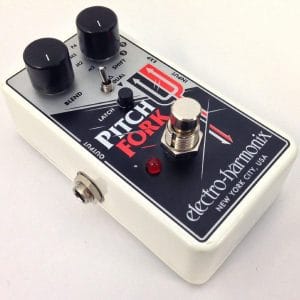
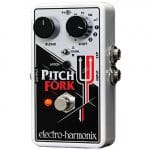
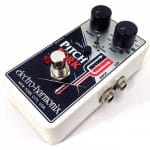
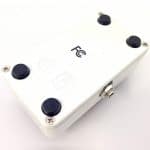
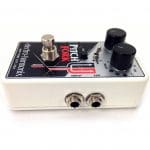
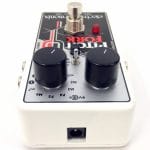
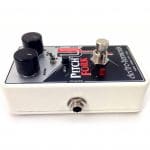
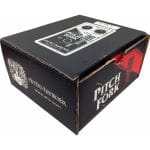
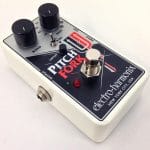
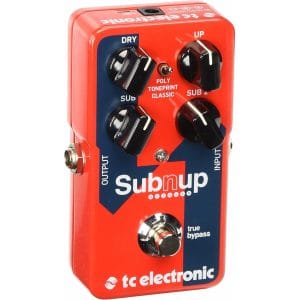
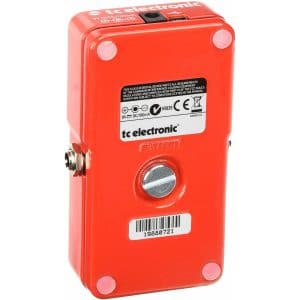
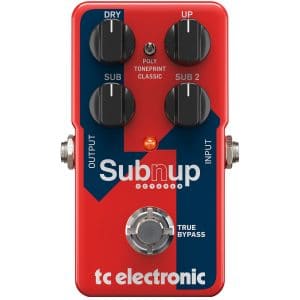
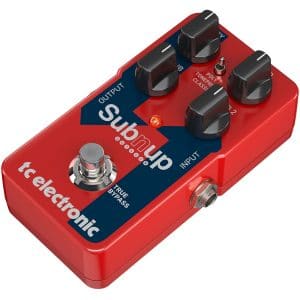
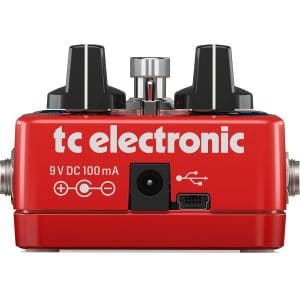
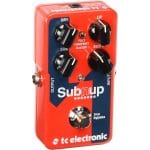
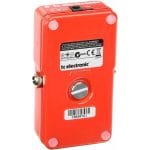
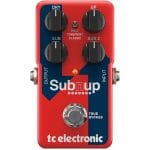
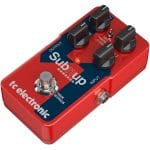
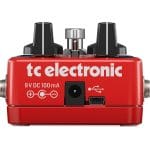
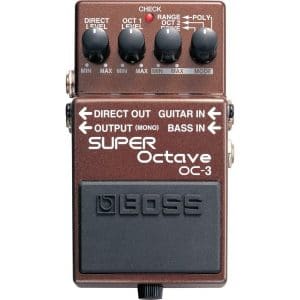
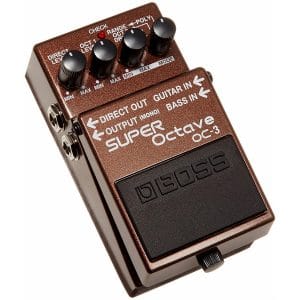
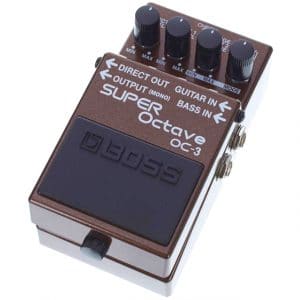
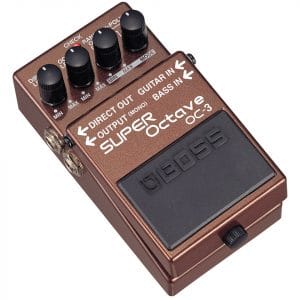
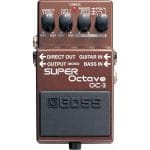
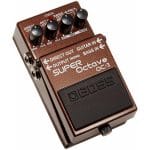
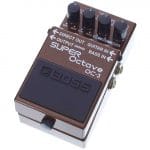
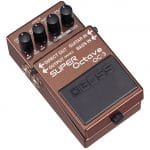
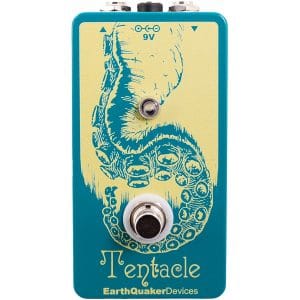
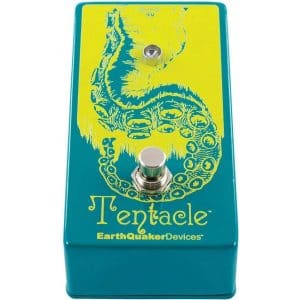
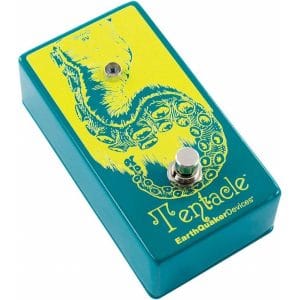
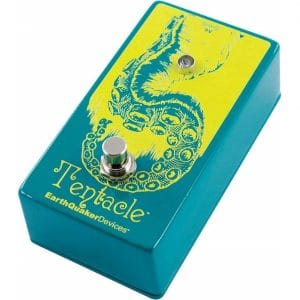
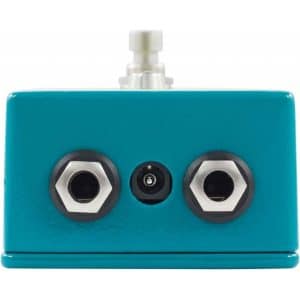
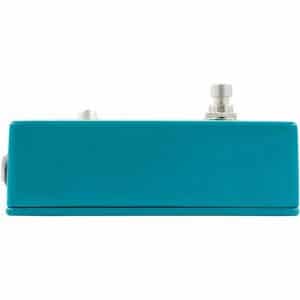
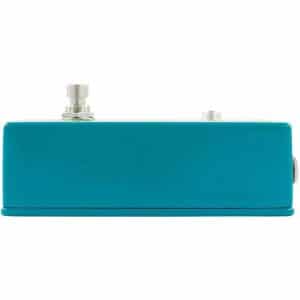
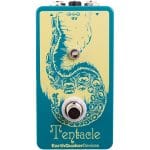
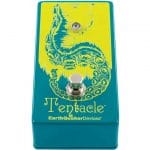
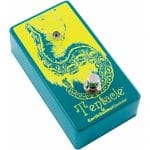
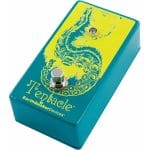
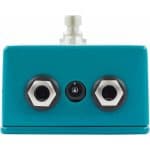
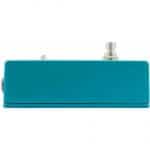
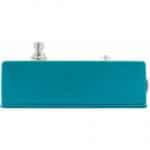
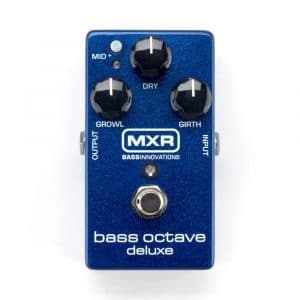
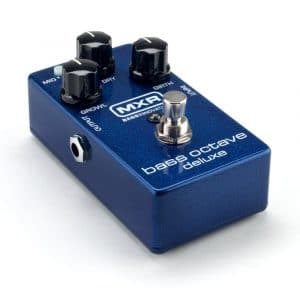
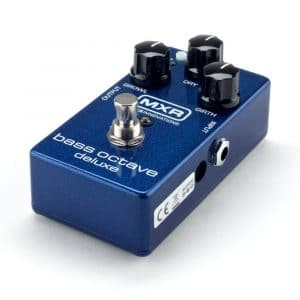
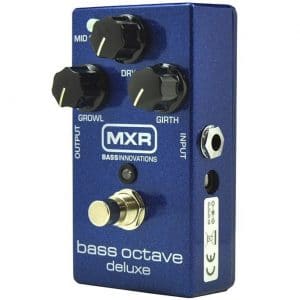
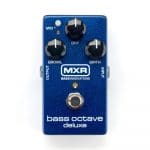
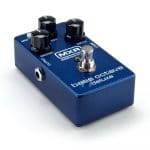
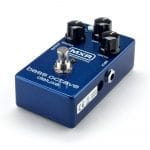
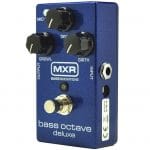
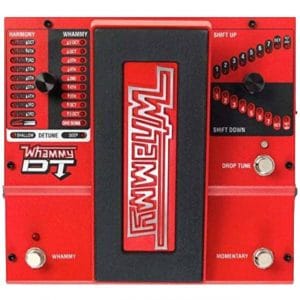
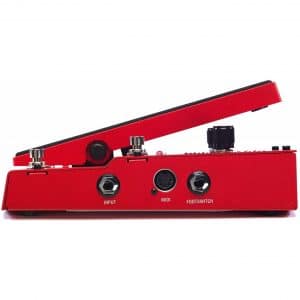
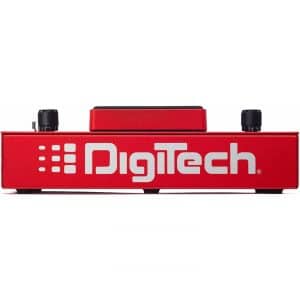
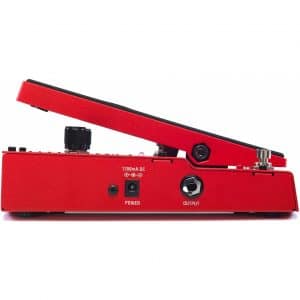
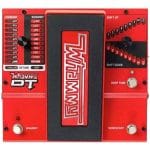
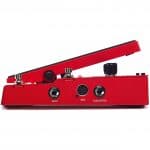
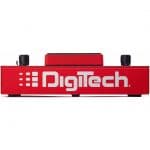
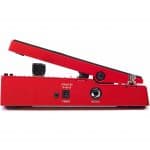
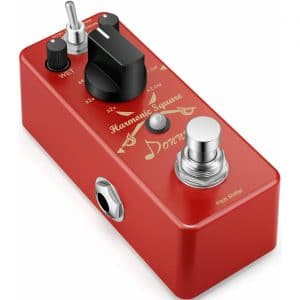
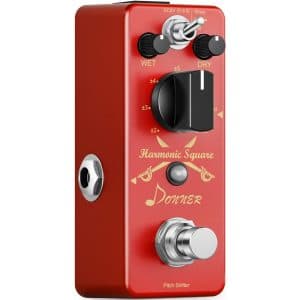
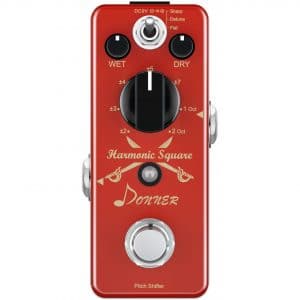
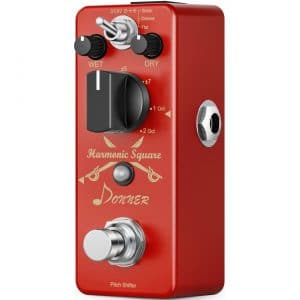
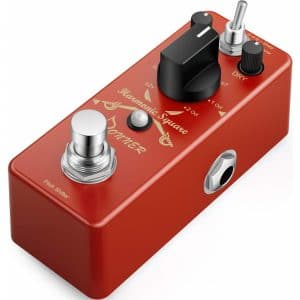
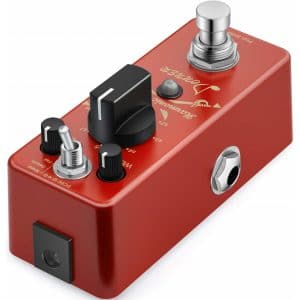
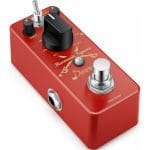
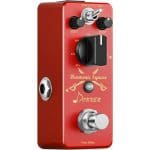
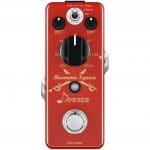
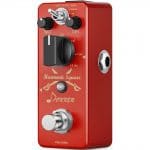
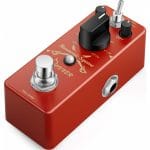
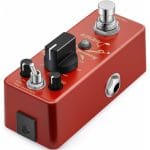
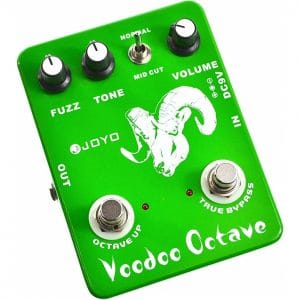
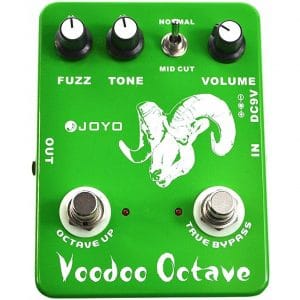
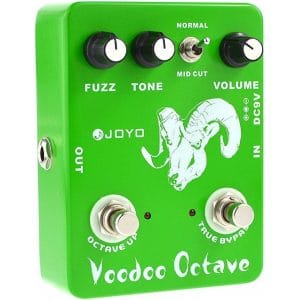
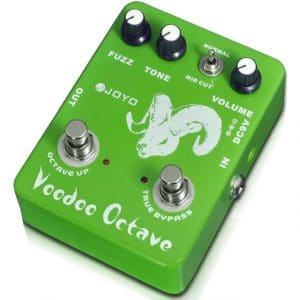
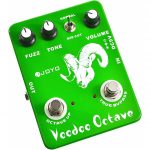
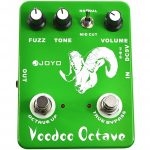
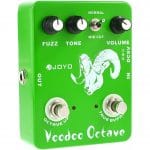
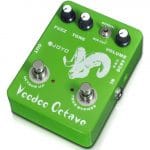
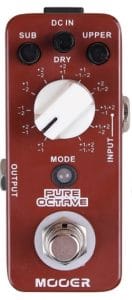
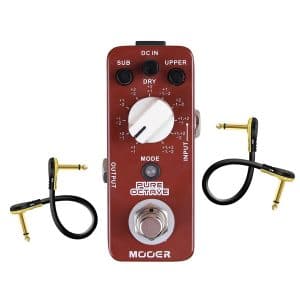
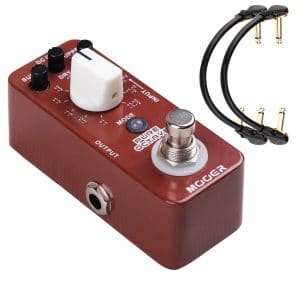
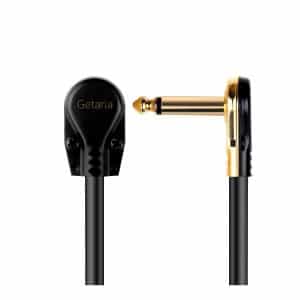
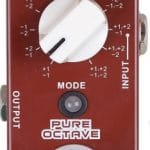
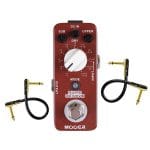
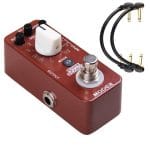
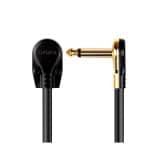
 With so many options on the market, finding the octaver pedal that will give you the sound effects and controls you want can be difficult. Here, we’ll walk you through some of the most important things you need to consider in order to ensure you’re getting the best pedal for your needs.
With so many options on the market, finding the octaver pedal that will give you the sound effects and controls you want can be difficult. Here, we’ll walk you through some of the most important things you need to consider in order to ensure you’re getting the best pedal for your needs. Octave pedals can have one or multiple different effects. Some pedals, like the
Octave pedals can have one or multiple different effects. Some pedals, like the  Many of the pedals, like
Many of the pedals, like 







